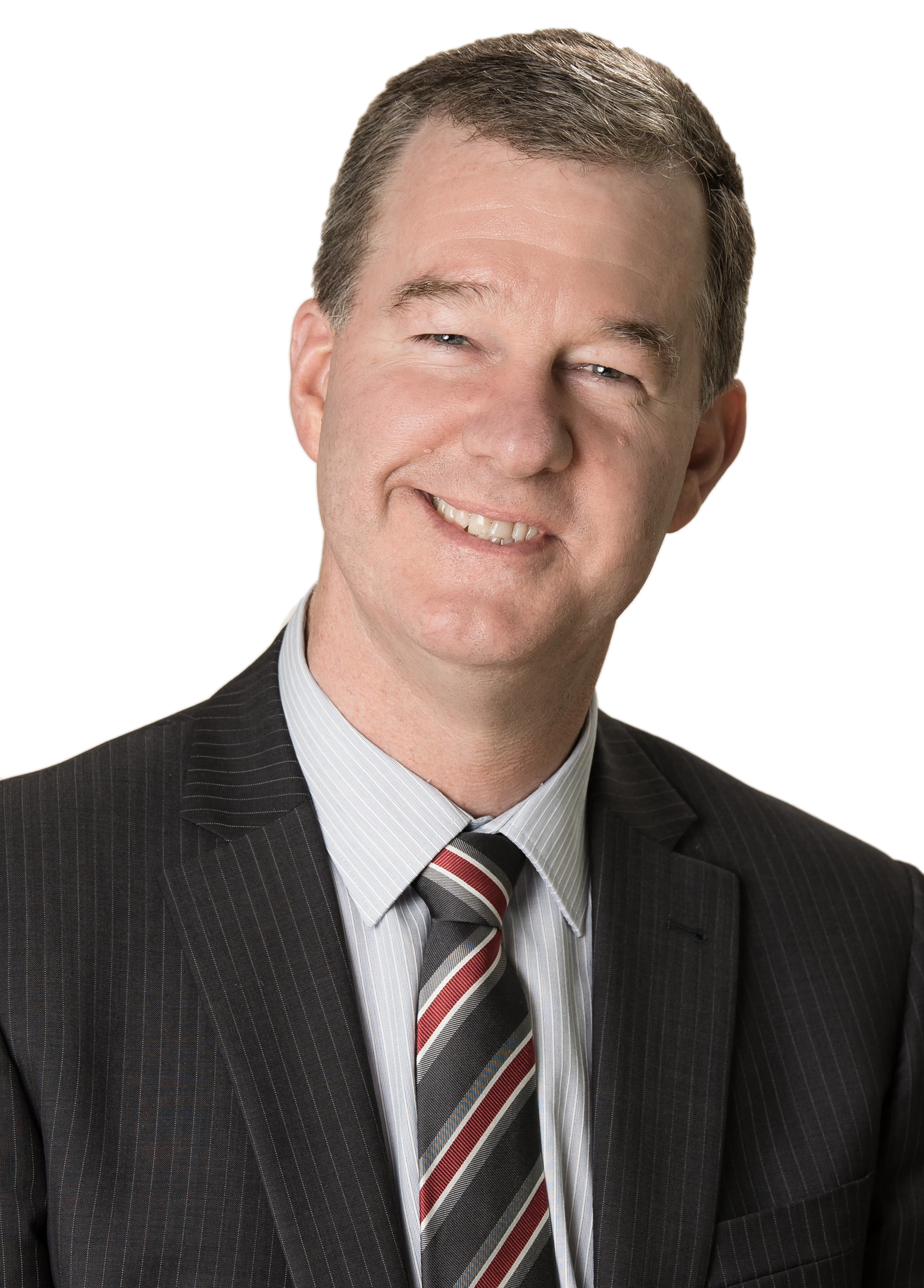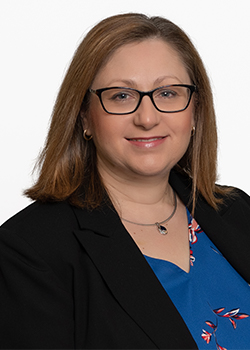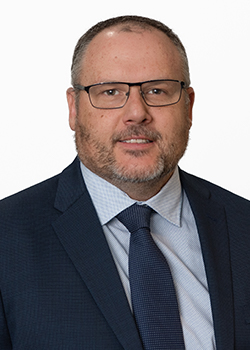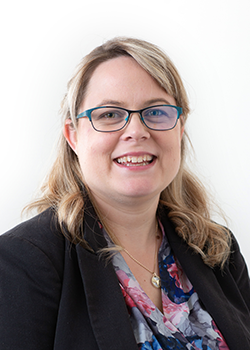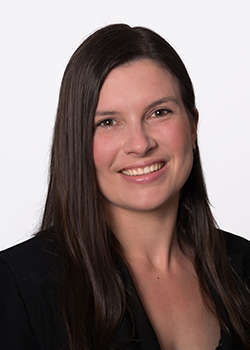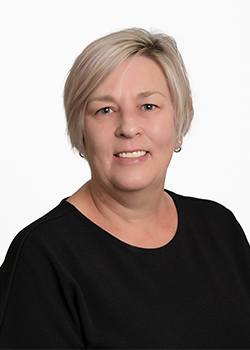Could your SMSF do with more diversification?

.
The Australian Taxation Office has just released its annual overview of key statistics and analysis of Australia’s self-managed superannuation fund (SMSF) sector for the 2021-22 financial year.
While the ATO releases its most current SMSF data on a quarterly basis, its annual overviews provide a more in-depth view of how the members of self-managed funds are investing their retirement savings.
According to the ATO’s latest quarterly data, at 30 September 2023 there were close to 612,000 SMSFs managing $851.2 billion of retirement savings on behalf of approximately 1.14 million SMSF members.
Of the total SMSF assets, 29.1% ($248.2 billion) was held in listed shares, 17% ($146.6 billion) was invested in cash and term deposits, and about 13.3% ($113.7 billion) was invested in unlisted trusts (typically through unit holdings in unlisted properties).
That’s means just under 60% of total SMSF assets was invested in just three asset classes.
The remainder was spread across various other asset types, although another large chunk was invested in direct residential and commercial real estate investments ($135.4 billion).
The ATO’s data on where SMSFs are investing indicates there is a definite portfolio tilt towards certain asset classes, however further analysis shows many SMSF trustees are very highly concentrated in just one asset class.
High asset class concentrations
The table below shows the distribution of SMSFs that had 50% or more of their assets by value invested in just one asset class as at 30 June 2022.
For example, based on the last line of the table, at 30 June 2022 over 80% of SMSFs held 50% or more of their investments in one asset class.
Distribution (%) of SMSFs by asset concentration
| Asset concentration | 2021-22 |
| 100% | 7.6% |
| >=90% | 27.8% |
| >=80% | 41.8% |
| >=70% | 54.1% |
| >=60% | 66.6% |
| >=50% | 80.4% |
Source: Australian Tax Office
In addition, 41.8% of SMSFs held up to 80% of their assets in one asset class; 27.8% held up to 90% of their assets in one asset class; and 7.6% of SMSFs had an asset class concentration of 100%. In other words, all their assets were held within one asset class.
The ATO has also broken down its asset class concentration by SMSF size. The table below shows, by fund size, the distribution of SMSFs that have 50% or more of their assets by value invested in one asset class. The figures are based on SMSF annual return form data.
The table shows that smaller SMSFs generally had less diversification. For example, line one of the table shows 42.4% of SMSFs with assets of up to $50,000 held 100% of their assets in one asset class. This compared to 14.2% combined for the SMSFs with assets of $500,000 or more.
Even still, it’s evident from the ATO data that even many large SMSFs were holding a high percentage of their assets in one asset class.
That is, 59.9% of SMSFs with assets between $500,000 and $1 million had up to 70% of their assets in one asset class, and almost half (46.2%) had up to 80% of their assets in one asset class.
SMSF asset concentration by fund size, 30 June 2022
| Fund size | 100% | >=90% | >=80% | >=70% | >=60% | >=50% |
| $1-$50k | 42.4% | 61.4% | 70.5% | 77.5% | 84.0% | 90.1% |
| >$50k-$100k | 23.1% | 48.5% | 61.0% | 70.8% | 80.0% | 89.1% |
| >$100k-$200k | 18.1% | 44.1% | 57.7% | 69.6% | 80.3% | 90.9% |
| >$200k-$500k | 11.0% | 37.3% | 53.5% | 65.8% | 77.0% | 88.7% |
| >$500k-$1m | 5.4% | 29.3% | 46.2% | 59.9% | 72.6% | 85.8% |
| >$1m-$2m | 3.7% | 21.1% | 34.4% | 47.5% | 61.8% | 78.8% |
| >$2m-$5m | 2.3% | 15.8% | 27.6% | 40.5% | 55.6% | 73.3% |
| >$5m-$10m | 1.4% | 13.3% | 24.6% | 37.6% | 52.0% | 69.4% |
| >$10m | 1.4% | 14.1% | 25.4% | 37.9% | 52.1% | 68.6% |
Source: Australian Tax Office
The importance of diversification
Investors holding a mix of investments, spread across different types of assets, tend to experience lower portfolio volatility and more stable returns over time.
That largely comes back to the old adage: don’t put all your eggs into one basket.
While spreading your investments across different baskets won’t totally protect your portfolio from negative returns, having exposure to a range of assets will likely cushion the impact of losses (or lower returns) from different assets, sectors and regions.
In the 2022-23 financial year, for example, the average return from investments in cash and term deposits was 2.9%. The average return from Australian bonds was even lower at just 1.2%.
Equity investments (shares) delivered much higher returns, although there was a lot of disparity between different share markets.
The Australian shares asset class recorded a total gain of 14.8%, which compared with a loss of 7.4% in 2021-22. Yet, the Australian share market’s gain last financial year was well behind the 23.5% total return from United States shares and the 22.6% return from international shares.
The 2023 Vanguard Index Chart shows that, over a 30-year period between 1994 and 2023, there were only a handful of times when the same asset class delivered the highest returns over consecutive years.
Unless you have a crystal ball, trying to pick which asset class will be the best performer from one year to the next is a losing game. In 2021-22, every asset class other than cash recorded negative returns. And, in 2020-21, Australian shares outperformed U.S. shares.
That’s why having a broad spectrum of investments will invariably deliver smoother returns over the longer term.
February 2024
Tony Kaye, Senior Personal Finance Writer
vanguard.com.au

